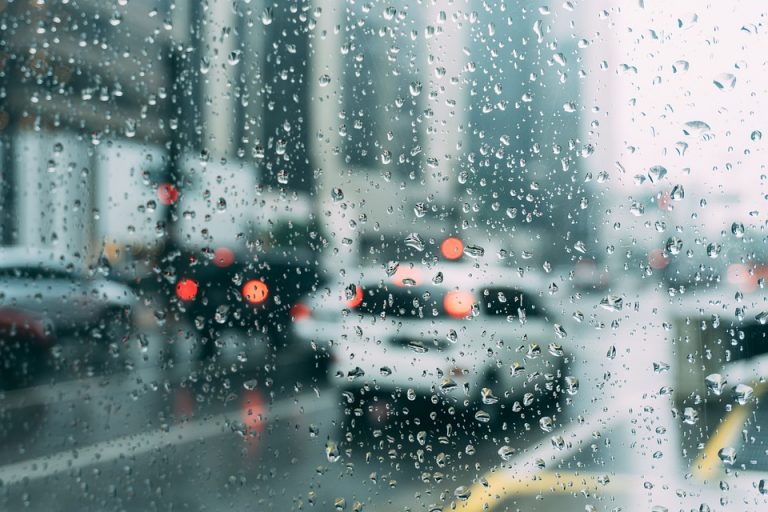
On-board assistance systems are present in many modern cars, but are they reliable? A study by AAA (American Automobile Association) published on October 14, 2021 tends to show that they are not. Tests conducted by the researchers prove that the performance of driver assistance systems to help automatically brake or stay in a lane is impaired during moderate to heavy rain.
Advanced driver assistance systems, or ADAS, do not offer autonomous driving but help reduce the risk of accidents and have two objectives:
- Active safety: anticipating the accident, limiting the impact.
- Passive safety: reducing the severity of the accident.
Among the ADAS, we know the speed limiter, the accident data recorder, the pedestrian detector, the emergency braking system and the lane keeping system….. These are the two systems that this AAA study has focused on.
AAA, an independent North American association created in 1902, tested various models of the year 2020: Volkswagen Tiguan, Buick Enclave Avenir, Toyota RAV4 and Hyundai Santa Fe. The study found that in several simulated rain events, braking systems failed to recognize stopped vehicles and lane-keeping systems performed less well.
In dry weather, none of the vehicles collided with a stopped vehicle. But in simulated rainy weather, at 25km/hour, the study found 17% of accidents. When the speed reached 56km/hour, the number of accidents rose to 33%. This accident rate could be higher because in the study only the windscreens were flooded while the road was dry.
In good weather, the lane keeping technique failed in 37% of the cases and in 69% with simulated rain, the cars crossed the lane markers.
“The reality is that people don’t always drive in perfect, sunny weather, so we need to expand the testing and consider the issues people face in their daily driving
,” Greg Brannon, AAA’s director of automotive engineering and industry relations, said in a statement
Other tests were conducted with dirty windshields (dust, insects…) but this did not significantly alter the performance of the sensors or cameras.
The AAA recognizes that these systems are a definite technological advance, that they can reduce the number of accidents, improve safety but it aspires to standards of tests carried out also during bad weather conditions.
Translated from Les systèmes de sécurité d’aide à la conduite impactés par le mauvais temps, notamment la pluie, selon une étude d’ AAA.









